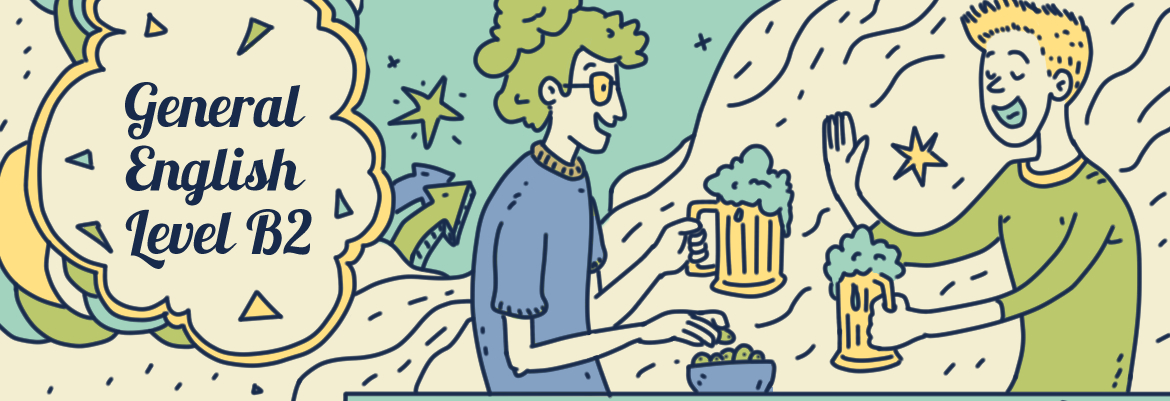Present Perfect Simple and Continuous
¿Qué diferencia hay entre I’ve worked e I’ve been working?
A veces parecen lo mismo, pero no lo son. En esta lección vamos a ver paso a paso cuándo se usa el present perfect simple y cuándo el present perfect continuous, cómo se forman, y qué quiere decir cada uno realmente.
Usos del Present Perfect Simple
Empezamos con el que más se aprende primero. El present perfect simple conecta el pasado con el presente, pero el foco está en el resultado de la acción.
¿Cómo se forma?
have / has + participio pasado del verbo
I have eaten
She has worked
We have seen it
¿Cuándo se usa?
- Acciones pasadas con resultado en el presente:
I’ve lost my keys
(Ahora no las tengo)
Paula has just come home
(Ya está en casa, no hay que preocuparse)
- Experiencias o acciones que han ocurrido alguna vez:
Have you ever been to London?
- Repetición de una acción:
I’ve seen that movie three times
- Acciones que empezaron en el pasado y continúan:
I’ve lived here for ten years.
Con for usamos periodos de tiempo (for a week, for hours). Con since usamos puntos de inicio (since Monday, since 2010).
Tu turno
Practice.
Usos del Present Perfect Continuous
Este tiempo también conecta pasado y presente, pero el foco está en la actividad o en la duración.
¿Cómo se forma?
have / has + been + verbo -ing
I have been working
She has been crying
We have been studying
¿Cuándo se usa?
- Para enfatizar cuánto tiempo llevamos haciendo algo:
She has been studying all morning
- Para describir acciones recientes con efecto visible:
He’s been playing football
(está sudando y lleno de barro)
- Para expresar irritación o quejas:
You’ve been watching TV all day!
Tu turno
Practice.
Comparación entre ambos
Vamos a ver algunas frases comparadas para ver la diferencia real de significado.
| Present Perfect Simple | Present Perfect Continuous |
|---|---|
| I’ve painted the room | I’ve been painting the room |
| (Resultado: ya está pintada) | (Actividad: he estado ocupado pintando) |
| We’ve watched all episodes | We’ve been watching the series for hours |
| (Resultado: hemos terminado) | (Duración: aún estamos viendo capítulos) |
Diferencias clave
- Resultado → Simple
- Duración / actividad → Continuous
- Verbos de estado (be, know, like...) → Solo en Simple
- How many...? → Simple
- How long...? → Continuous
Verbos que no se usan en Continuous
Hay algunos verbos que no suelen usarse en forma continua (stative verbs), como:
- know, believe, have (posesión), like, be...
Por ejemplo:
I’ve known her for years
Tu turno
Practice.
Estructura resumida
| Tipo de oración | Present Perfect Simple | Present Perfect Continuous |
|---|---|---|
| Afirmativa | I have done... | I have been doing... |
| Negativa | I haven’t done... | I haven’t been doing... |
| Interrogativa | Have you done...? | Have you been doing...? |
Cierre
Piensa en esto: si te interesa lo que ha pasado, usa el present perfect simple. Si te interesa lo que has estado haciendo, usa el present perfect continuous.


Comments are closed.